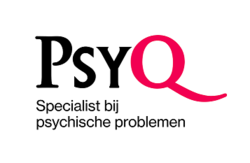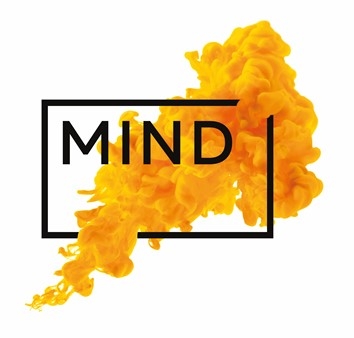Be Positive
The use of online treatments is quite new in mental health care and little is known about how effective they are and whether they are worth the money spent. To investigate this, the consortium started the Be Positive study, which examines the efficacy and costs of online treatment of patients with unipolar depression using the NiceDay Smartphone App (https://niceday.app/). NiceDay is an app that allows completely online and on demand treatment of major depression. Treatment takes place via video calling and chat conversations and is based on cognitive behavioural therapy (CBT) and interpersonal therapy (IPT). The app can also be used to complete homework assignments (so-called G schedules) from anywhere in the world and discuss them with the therapist. This project brings private partners (app developers) and public partners (academia) together to improve mental health care.
Major depression is a debilitating and possibly fatal disease that affect many people worldwide. It is the most expensive illness worldwide when accounting for loss of productivity due to absenteeism. It is usually treated by cognitive behavioural therapy (CBT) by a trained psychologists behind an office desk. Demand for online treatment is growing due to mounting costs of mental health care and the recent corona pandemic.
This study was originally set up as a Randomised Controlled Trial (RCT) in which patients were assigned by fate to either receive NiceDay treatment or treatment as usual (i.e. face-to-face treatment by a psychologists at a desk). Perhaps ironically, fate struck in the form of the corona crisis, which made the treatment as usual condition obsolete (virtually no one was allowed to have normal face to face contact with a therapist for at least a year). This caused a serious delay in patient inclusion. The consortium therefore converted the study into a prospective cohort study, which aims to predict which people are likely to benefit from NiceDay treatment and which people are not. Such knowledge may prevent fruitless treatment trajectories and save a lot of time, money and personal suffering. This design still allows to study the cost-effectiveneness of NiceDay, but the consortium won’t be able to compare that to treatment as usual (although it will be compared to such figures published previously). If anything, the corona crisis has only increased the demand for this type of study and its results. With funding running dry, the consortium has decided to finish this study on our own accord.





